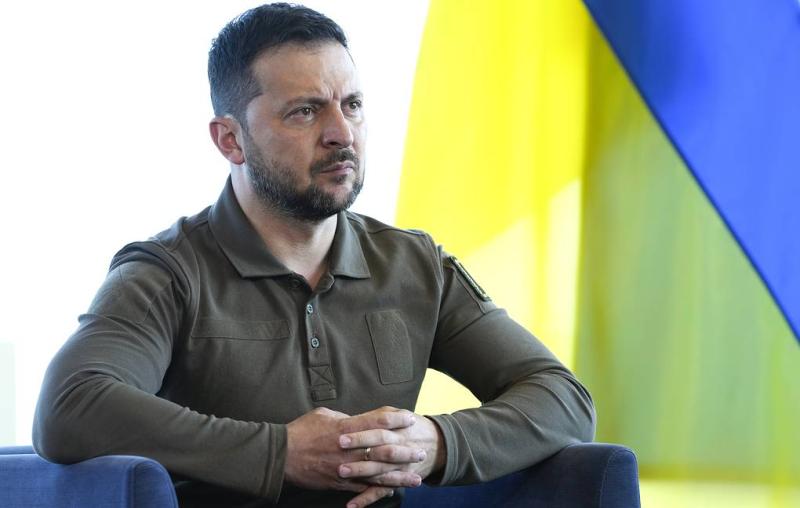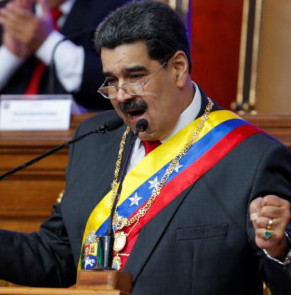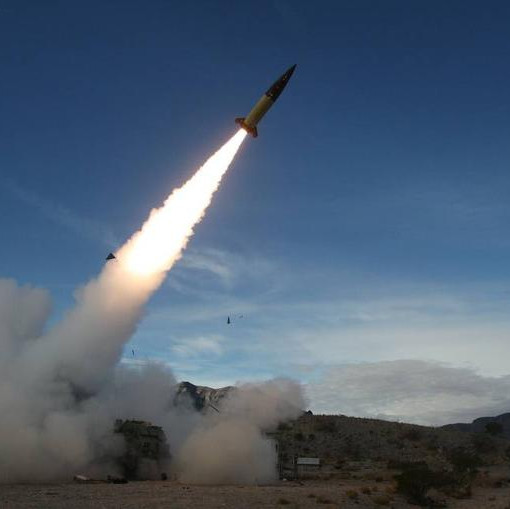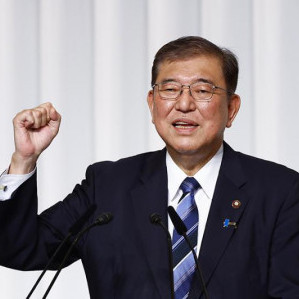
© AP Photo/Susan Walsh/TASS
A major bombastic event was held in London on June 21-22 — the 2023 Ukraine Recovery Conference (URC23). It brought together over a thousand foreign guests from nearly 60 countries from across the globe, venue planners claim. Among the distinguished guests there were head of the European Commission Ursula von der Leyen, US Secretary of State Anthony Blinken, British Prime Minister Rishi Sunak. President of Ukraine Volodymyr Zelensky addressed those present via video conference and called for specific steps."
Let us immediately note that this kind of conference was held for the second time already. The first one took place last year in Lugano, Switzerland to feature Zelensky government’s decade-long $750 billion-worth progressive restoration plan for Ukraine. Back then, the Kiev regime was repeatedly reassured that it would be aided, but promises yielded no financial results. It was partly because the plan covered too many directions and was hardly feasible.
An interesting thing is that the Lugano conference was mainly about Ukraine’s post-war reconstruction, while the present-day one reflects the West’s vanishing hopes to swiftly end hostilities after the failed Ukrainian counteroffensive, judging by Sunak's speech. In this regard, businessmen at the conference in London were urged not to let Ukraine go completely bankrupt before its war with Russia comes to a close.
Just like a year ago, another "Marshall plan" for Ukraine restoration has nothing to do with reality and can only be branded as a "project". Take at least one of its aspects providing that 2050 will see Ukraine become Europe’s energy hub, with its energy, gas and oil production becoming seven, four and six time those of today, respectively. The energy sector is planned to get over $ 400 billion worth of investment.
If other provisions are the same, the plan is doomed to failure, one may assume. Actually, the key purpose of the current London gathering is not about real help to Ukraine. After all, even its hosts officially declare that the URC23 is meant to " show Putin that his attempts to destroy Ukraine have only produced a stronger, more prosperous and more united nation." Just like that, pure and simple. Some experts suggest this will require at least $1 trillion, although the World Bank recently referred to $411 billion. You can see stakes get higher, and the entire thing become increasingly desirable.
Small wonder in this regard that the number of countries willing to join the carve-up of this honeypot is on the rise. Thus, Warsaw's interest in "restoring Ukraine" was stated by Polish Prime Minister Mateusz Morawiecki, and Tallinn’s by his Estonian counterpart Kaja Kallas. The former makes no secret of his country’s potential benefits, we note.
But no one seems really eager to restore Ukraine. An illustrative poof is US intention to follow the UK and supply depleted uranium shells to the Kiev regime. With those, the Americans and the British intend to bury Ukraine, depriving it of hopes to preserve the only profitable business left — agriculture. Does this really contribute to the credibility of Western pledges to rebuild or restore anything?
This, by and large, was confirmed by the conference in London that featured vaunting talk about Ukraine’s "revival" and ways to take away billions of Russia’s assets frozen in the West to divide them among the "restorers"? Notably, there is more in the latter story than meets the eye, as the West still seeks legal ground to confiscate the funds. Moreover, the European Commission was recently knocked down a peg by a European Central Bank (ECB) memorandum warning that appropriation by Euro bureaucrats of not even the assets themselves, but the interest that has grown over the course of time, will entail capital flight from the eurozone and de-euroization over undermined confidence in the pan-European currency. In other words, the euro will gradually lose its status of a global reserve currency.
One of the key questions the London conference raised was where to get money for Ukraine’s "restoration" fom? If we follow Sunak's speech, the UK will provide Kiev with guarantees for loans worth $3 billion plus a £240 million relief tranche. In turn, the United States will provide Kiev with an additional $1.3 billion, and the EU plans to allocate €50 billion over the next four years. The IMF is going to invest $15 billion under commitments by G7 states and its partners totaling $115 billion. NATO will embrace a multi-year assistance package, and the World Bank wants to spend another $1.75 billion on Kiev. All this put together exceeds $1 trillion required. And if at least part of the funds reaches Kiev, who will guarantee they are not plundered there?
For this reason, official London may be going to raise funds bit by bit. Otherwise, how can we explain Foreign Minister James Cleverley’s statement that Russian businessmen must pay for the reconstruction of Ukraine? And the British authorities seem to have got down to business, demanding that Roman Abramovich transfer FC Chelsea sales revenue to Kiev. His refusal aroused support with readers of the popular Daily Mail newspaper, who consider pressure on him a property crime.
In conclusion, we note that URC23 was explicitly anti-Russian, with many speakers having said that the West should force Russia into paying the bill, among them Rishi Sunak and Anthony Blinken. What else can you expect of those in the forefront of present-day global anti-Russian sentiment?
This is what the Russian Embassy in London stated in this regard: "A fundraising conference for the «recovery» of Ukraine currently on display in the British capital graphically demonstrates the hypocrisy of the collective West. Unsurprisingly, the UK and its allies have not summoned the courage to admit that the catastrophic situation in Ukraine is a direct result of their own actions."









